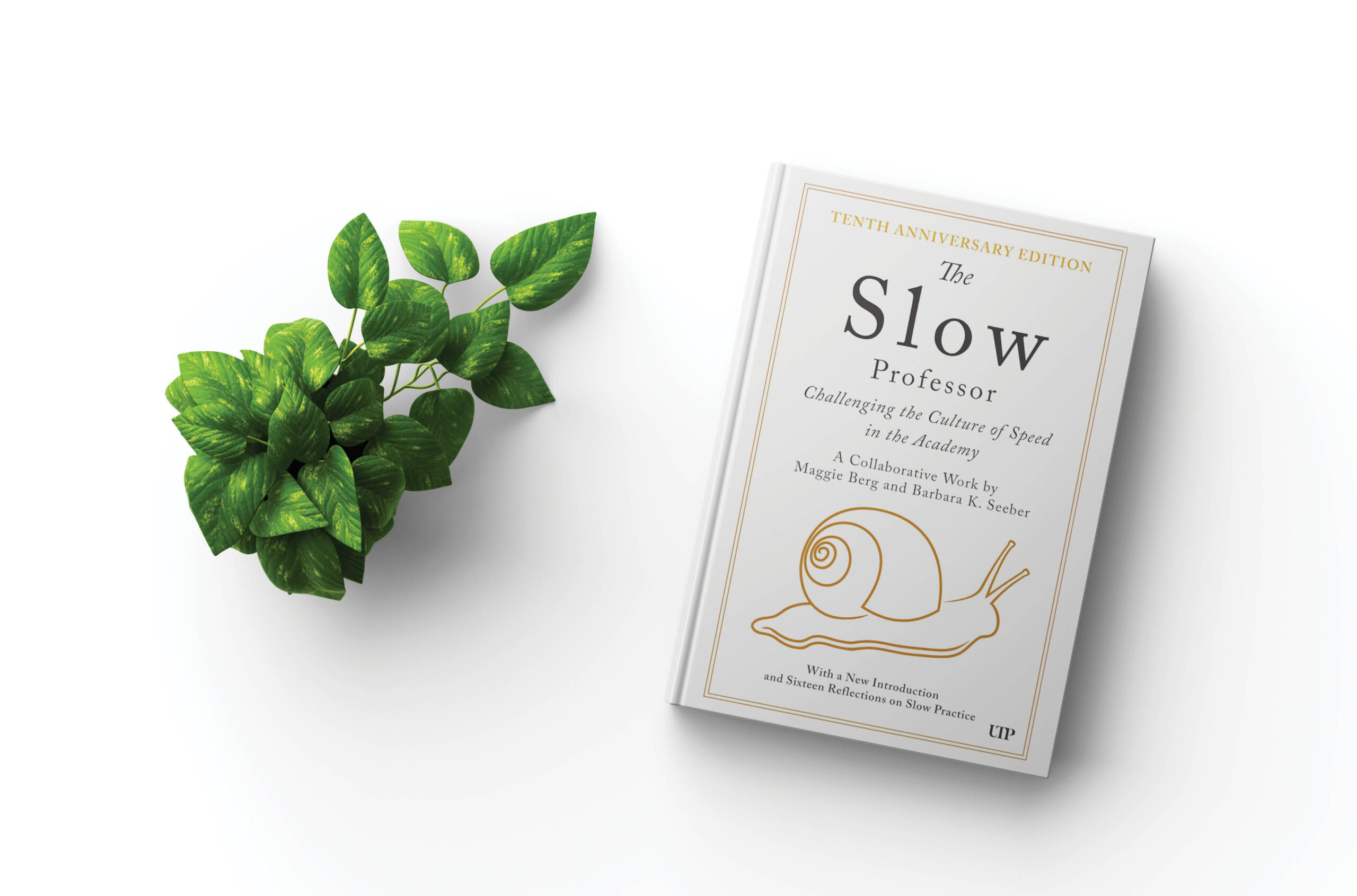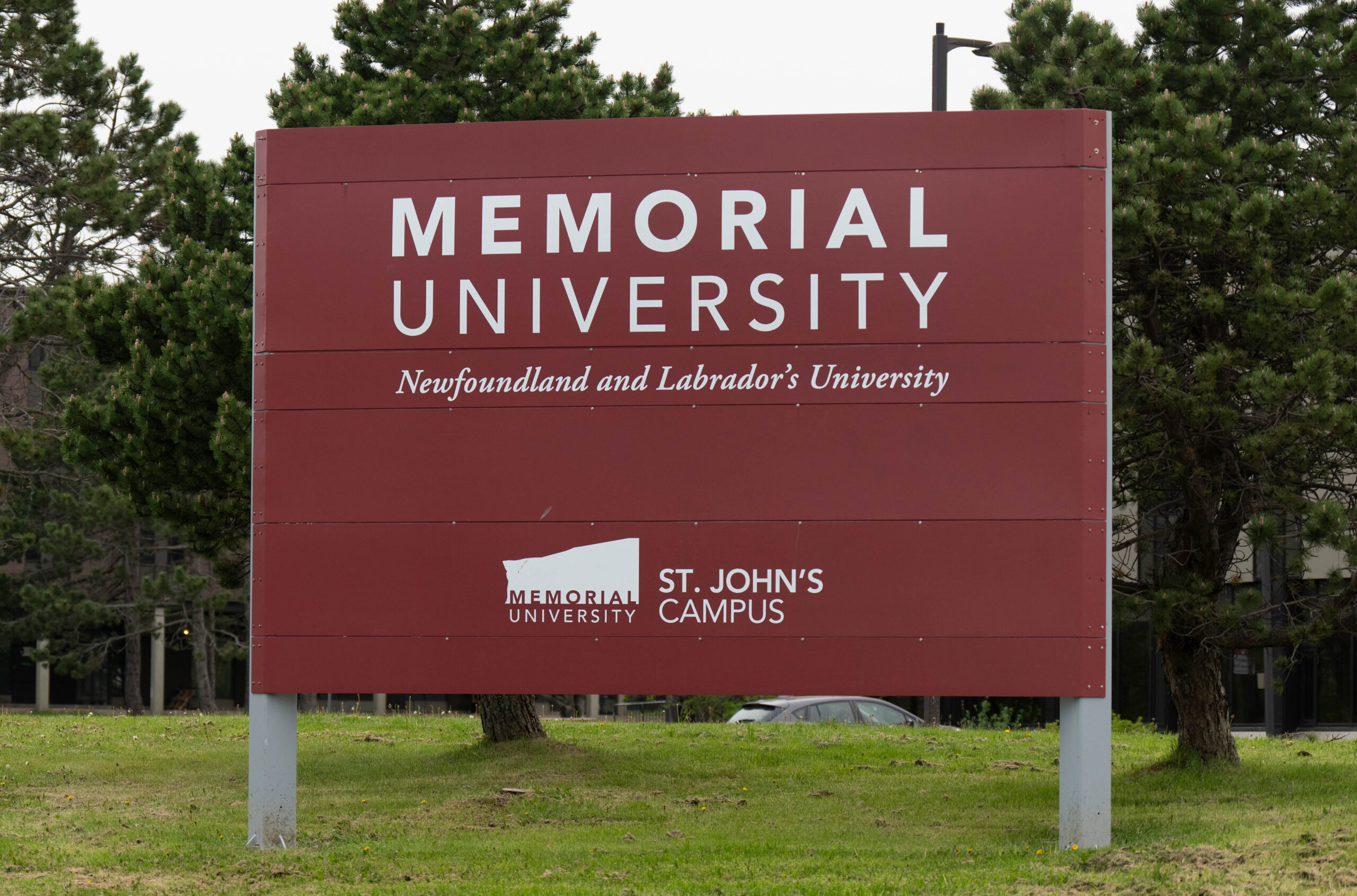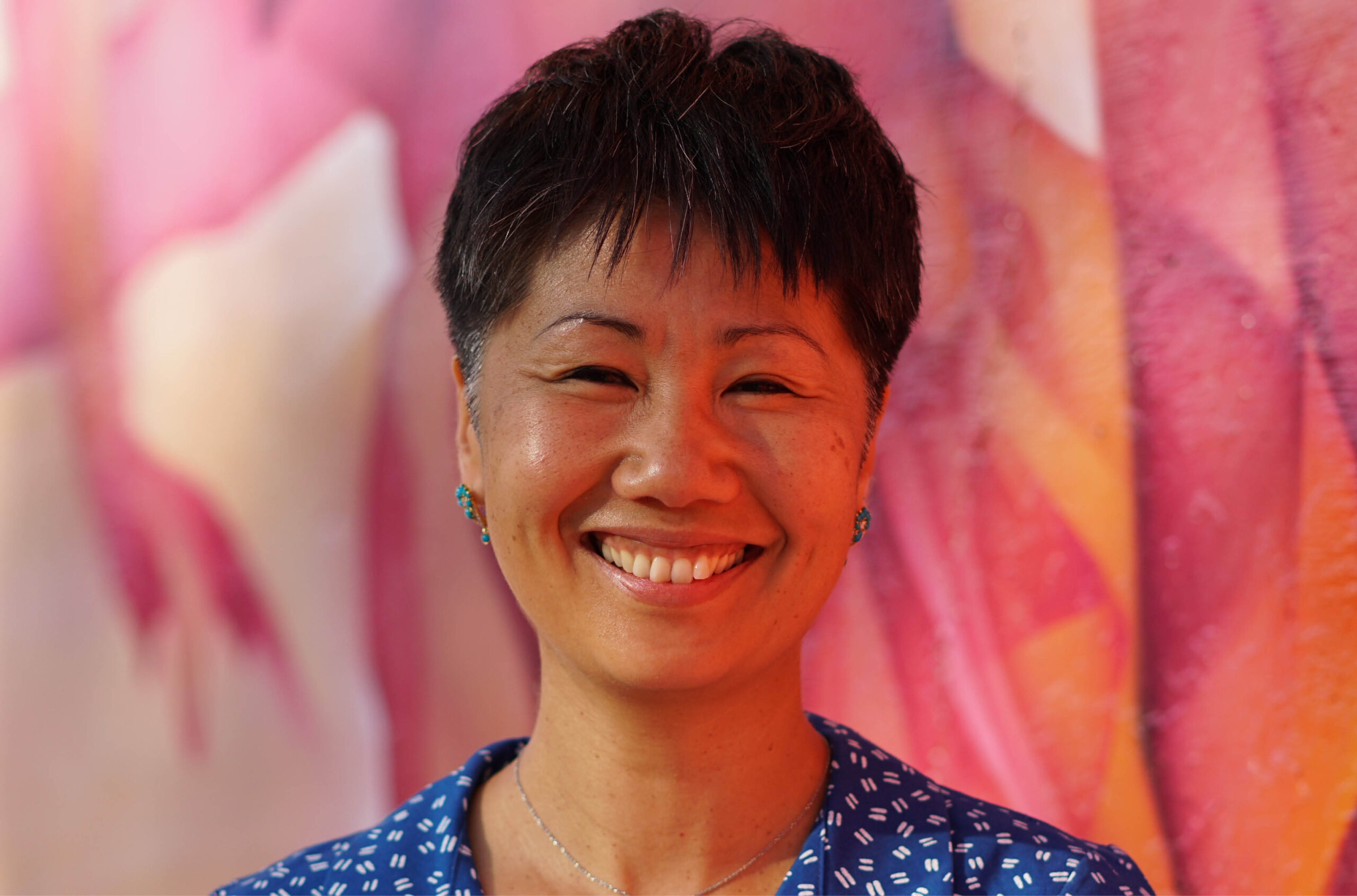Ontario must bridge the gap between research and policy
How strong science-policy relationships helps build healthier and more resilient communities.

Academic research can be a guiding light for governments navigating the social challenges of our time. In Ontario, this crucial relationship between policymakers and researchers is facing a fork in the road.
The most pressing issues in our society – including the homelessness and opioid epidemics – demand a coordinated response based on the best available research and evidence. Taking meaningful action will require a renewed strength in the bond between provincial leaders and academic institutions.
Programs that bridge the gap between research and policy are a step in the right direction. This spring, scientists gathered at the provincial legislature in Queen’s Park in downtown Toronto as part of Ontario’s first Science Meets Parliament program. Representing Trent University, we joined 30 researchers selected from across the province to foster meaningful, long-term connections between academia and elected leaders.
The program included a series of online sessions on science policy, equity and diversity, Indigenous knowledge systems, and science communication. These were followed by two intensive days, where researchers met face-to-face with Members of Provincial Parliament (MPPs) to discuss urgent provincial issues. The experience offered an invaluable opportunity to engage with colleagues across diverse fields, while also learning how scientific insights can be conveyed effectively in a political setting.
We spoke with MPPs about mental health and addictions issues, bringing distinct perspectives from our fields of sociology, child and youth studies, and forensic science.
Dr. Berardini, a specialist in youth mental health, discussed her research on the growing number of young Ontarians providing care to family members experiencing illness, disability, addiction, or age-related needs. MPPs heard how these young caregivers fill in for an overburdened health care system, and learned about system-level changes that could ensure they are taken care of. New lines of communication between legislators and researchers have sparked hope for ongoing collaborations in light of the proposed National Caregiving Strategy.
We also shared research that shed light on matters being actively addressed in legislation. Dr. Cristiano, who specializes in harm reduction and public health, spoke about the closure of supervised consumption sites and the implications of the Safer Municipalities Act. He explained that increasing enforcement around encampments while cutting harm reduction services is not supported by evidence – and may actually undermine community safety.
For Dr. Moorthy, an expert in computational forensic research, the experience provided a rare chance to step outside the hard science silo and connect with researchers in fields like social work and education. Engaging with scholars from a diverse range of disciplines offered new insights into the interconnections between many of our most pressing societal challenges.
The program offered an invaluable opportunity to engage with colleagues across diverse fields, while also learning how scientific insights can be conveyed effectively in a political setting. These exchanges highlighted how working with policymakers can also bring researchers together, revealing shared goals and sparking new interdisciplinary collaborations.
Remarkably, these conversations often led to researchers being referred across party lines – to a colleague in a different caucus or committee with a shared interest in caregiving or mental health. These cross-partisan gestures suggest a willingness among elected officials to work collaboratively when presented with a clear, evidence-based path forward. Our experience affirmed a powerful truth: Research can help build bridges not just between academia and government, but also among legislators themselves.
The Science Meets Parliament experience has already had an impact on our approach to teaching. Our academic programs play a key role in preparing future generations of researchers whose work has the potential to guide evidence-based solutions to the issues of their time – but they must understand how to engage with and influence decision makers.
We will encourage our students as well as our peers to seek out the kinds of opportunities this program offered, and to foster their own connections with political leaders. This way of thinking aligns with Trent University’s commitment to experiential and community-based learning, and it is our hope that it inspires lifelong civic engagement.
In these uncertain times, bridging the gap between research and policy is essential to building healthier and more resilient communities. Stronger science-policy relationships can improve Ontario’s ability to tackle its mental health and addictions crisis and forge long-lasting partnerships to facilitate further real-world change.
Amid ongoing tensions between higher education and political leadership in the United States – which could limit the power of public research to enact evidence-driven decisions – Ontario has a unique opportunity to chart a different path. Premier Doug Ford has emphasized his commitment to protecting and fortifying our competitive edge. Now is the time to invest in our research strength, reinvigorate our universities, and position our province as a leader in social innovation and knowledge mobilization.
Great policy requires great research, and breakthroughs in social progress begin when scholars and policymakers collaborate with purpose.
Featured Jobs
- Neuroscience - Assistant ProfessorMacEwan University
- Director and Stauffer-Dunning Chair, School of Policy Studies - Associate or Full ProfessorQueen's University
- Law - Assistant or Associate Professor (International Economic Law)Queen's University
- Biochemistry, Microbiology and Bioinformatics - Faculty Position (Microbial Systems Biology, Omics Data Analysis)Université Laval
- Business - Assistant Professor (Digital Technology)Queen's University











Post a comment
University Affairs moderates all comments according to the following guidelines. If approved, comments generally appear within one business day. We may republish particularly insightful remarks in our print edition or elsewhere.